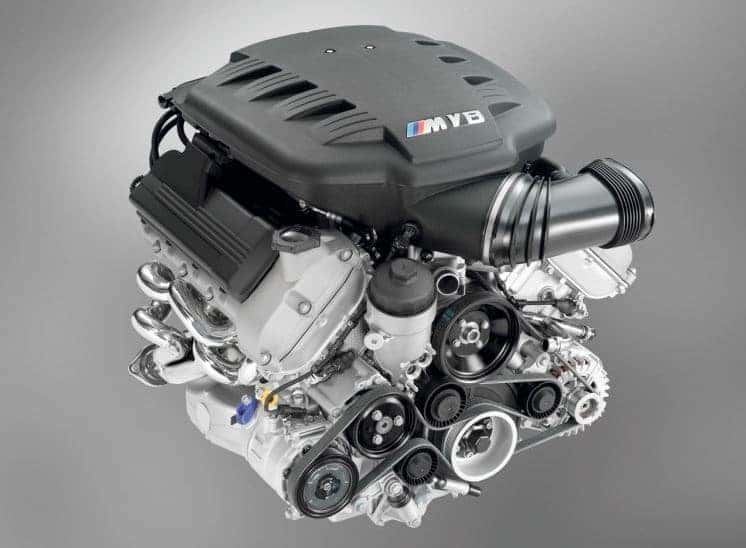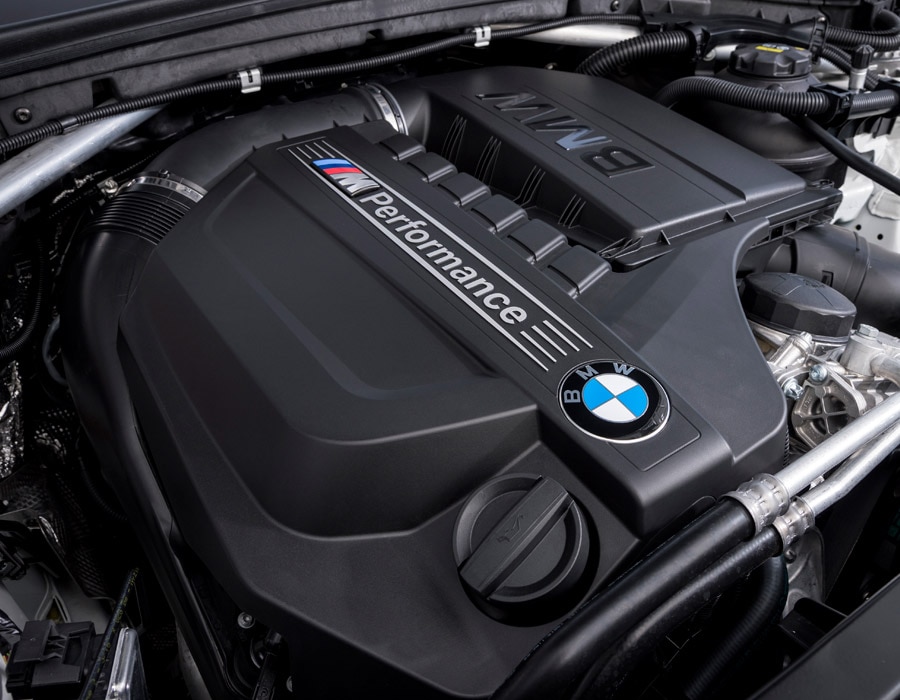Revealing the Intricacies of Next-Generation Power Units: a Deep Dive Into Advanced Engine Styles and Innovations
In the world of automotive engineering, the relentless pursuit of sustainability, performance, and effectiveness has pushed the development of power systems to unmatched heights. As we stand on the precipice of a new period in transport, the details of next-generation engine styles beckon us to explore the cutting-edge modern technologies and technologies that guarantee to redefine the driving experience. From sophisticated materials that press the borders of longevity and weight decrease to advanced turbocharging and supercharging systems that boost power result to new levels, each part of these power systems holds a crucial to unlocking the future of automobile engineering. Diving much deeper right into the worlds of discharge control, intelligent engine monitoring systems, and the horizon of power device growth, we find ourselves on the cusp of a transformation that assures to reshape the landscape of mobility as we understand it.
Development of Engine Materials

The change towards progressed engine materials has actually additionally allowed engineers to create engines with higher power results while preserving fuel efficiency requirements. The usage of lightweight materials minimizes the total weight of the engine, leading to boosted gas economy and lower discharges. In addition, developments in materials modern technology have permitted much better thermal monitoring within engines, resulting in boosted reliability and long life.
Turbocharging and Supercharging Technologies
Just How do Turbocharging and Supercharging Technologies reinvent engine performance and effectiveness in modern-day vehicles? Turbocharging and supercharging are innovations that considerably boost engine efficiency by enhancing the quantity of air intake right into the burning chamber. Turbocharging achieves this by making use of a wind turbine driven by exhaust gases to pressurize the consumption air, while supercharging uses a belt- or chain-driven compressor to attain the same result.
These innovations enable smaller sized, more fuel-efficient engines to generate power equivalent to bigger ones, referred to as downsizing. Forcibly more air right into the cylinders, supercharging and turbocharging boost combustion effectiveness, resulting in boosted horse power and torque outcome without a substantial increase in engine dimension. This results in far better acceleration, pulling ability, and overall driving efficiency.
Moreover, turbo charging and turbocharging contribute to enhanced gas effectiveness by permitting the usage of smaller engines that take in less fuel under regular driving conditions - bmw engine. This combination of boosted performance and effectiveness has made turbocharging and turbo charging integral elements of several modern engine layouts
Emission Control and Environmental Effect
With increasing global worries regarding air high quality and environmental sustainability, the application of exhaust control innovations in vehicles plays a critical role in minimizing hazardous toxins launched into the ambience. Modern automobiles are outfitted with advanced exhaust control systems that aid decrease the environmental influence of automobile operations. Catalytic converters, for example, are made to transform toxic gases such as carbon monoxide, nitrogen oxides, and hydrocarbons into less hazardous materials like co2 and water vapor.
In addition, advancements in engine technology, such as the integration of exhaust gas recirculation systems and discerning catalytic decrease, have actually substantially contributed to lowering emissions. These technologies function in tandem to maximize burning efficiency and minimize the launch of unsafe toxins into the air. Additionally, the growth of crossbreed and electric vehicles stands for a vital step towards reducing the total ecological footprint of the transport market.
Intelligent Engine Management Equipment

Moreover, these systems allow cars to fulfill rigid emissions criteria without jeopardizing performance, supplying a more eco-friendly driving experience. The integration of fabricated intelligence and machine discovering capabilities in engine administration systems proceeds to press the boundaries of what is possible, bring about more enhancements in performance, reliability, and general vehicle performance. bmw engine. As auto technology developments, smart engine management systems will certainly play an essential function in forming the future of transportation towards an extra lasting and efficient direction
Future Trends in Power Device Growth
As smart engine management systems lead the way for boosted control and optimization in modern vehicles, future patterns in power system growth are positioned to redefine the landscape of auto propulsion modern technologies. These different power resources offer improved effectiveness and efficiency while aligning with stringent environmental guidelines.
An additional significant pattern is the assimilation of advanced materials and manufacturing methods. Light-weight materials such as carbon fiber and light weight aluminum are being made use of to reduce overall car weight, enhancing fuel why not find out more efficiency and efficiency. Additionally, developments in 3D printing and additive manufacturing are enabling the production of complex engine components with higher accuracy and sturdiness.
Additionally, expert system and equipment discovering are playing an important role in maximizing power unit efficiency. These innovations enable real-time tracking and flexible control, resulting in more effective and dependable power distribution. On the whole, future patterns in power device development are tailored towards performance, effectiveness, and sustainability, driving the auto industry in the direction of a brand-new era of propulsion innovations.

Verdict
In conclusion, the improvements in engine materials, turbocharging, emission control, and intelligent administration systems have actually led the means for next-generation power devices. The intricate designs and advancements in modern-day engines display the recurring evolution of automotive innovation.
Checking out the modern innovations in engine products has actually been crucial in boosting the efficiency and efficiency of modern-day engines. Over the years, the advancement of engine you can try these out materials has actually played a vital role in pushing the boundaries of what engines can accomplish.The shift towards advanced engine materials has also enabled designers to make engines with greater power results while keeping gas effectiveness requirements.The application of intelligent engine management systems in modern vehicles has actually changed the method engines are managed and optimized for efficiency and effectiveness. By collecting data in real-time and analyzing it with innovative formulas, intelligent engine management systems can adjust to driving designs, environmental factors, and engine wellness to make the most of power output while decreasing gas usage and emissions.